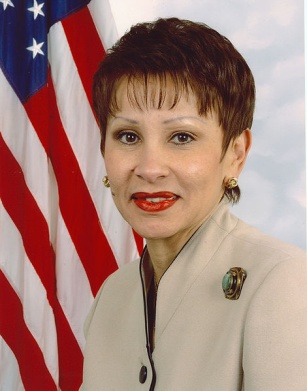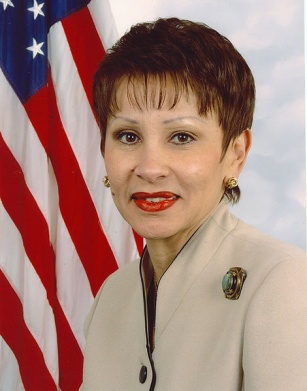
On Thursday, Rep. Nydia M. Velázquez (D-NY), chair of the House Committee on Small Business, issued a statement responding to the controversy over an interagency memo critical of the EPA’s endangerment finding (see here, here, here):
The SBA’s Office of Advocacy plays a vital role in the regulatory process. They are the singular entity in the federal government charged with looking out for small businesses’ needs and evaluating how new regulations will affect entrepreneurs.
Congress expects the Office of Advocacy to provide objective information, not tell us what we want to hear. In this instance, it appears they did exactly that. As with any report, the findings and conclusions require further review and discussion. But what should not be questioned is whether the Office of Advocacy should play a role in this process or, for that matter, if their work was politically motivated.
There appears to be confusion in the media about whether some of the Office’s personnel are holdovers from the Bush Administration and whether that influenced their findings. The facts are clear: the Acting Chief Counsel served not just under President Bush, but began her tenure at the SBA Office of Advocacy under President Clinton and continues to serve as Acting Chief Counsel with the approval of the Obama Administration. Her ability to serve in now three Administrations, Democratic as well as Republican, speaks to her professionalism and talent. Her abilities and objectivity should not be questioned.
If anything, the Office of Advocacy’s findings underscore the need for Congress to act on climate change. The Clean Air Act laws were not designed for the purpose of regulating greenhouse gases. Trying to apply them for that purpose raises concerns for consumers and small and large businesses alike.
When the interagency memo first got press on Tuesday, a source at the OMB told AP that the comment was written by a holdover from the Bush administration at the Office of Advocacy. If that OMB source was referring to Shawne Carter McGibbon, the acting chief counsel of that office, Velázquez has reason to object. McGibbon was appointed by Clinton — “from the Bush administration” is a bit slick.
As for the concern that carbon regulations will rain Big Government Hell on churches and small businesses and donut shops and pony rides, EPA administrator Lisa Jackson explained it (again) to Sen. John Barrasso (R-Wyoming) this week:
Under the Clean Air Act [the EPA already has] the potential to regulate all those sources you talk about now for other contaminants — schools and hospitals and farms and Dunkin Donuts — and we don’t, because we make regulations smartly, to address the threats in the best way possible, with an eye toward understanding that we don’t want to unduly affect those who can least afford to pay.
Nothing mandates that the EPA regulate every possible minor source. The agency can decide what balance of public health and economic concerns is appropriate. But what the Supreme Court decided is that the language of the CAA is purposefully broad: it is a hedge against future air pollutants that might endanger public health. If carbon dioxide emissions are a danger to public health, then the EPA has the authority to regulate them under the CAA and must do so or supply a good reason why not.
In other words, SCOTUS decided that the Clean Air Act is “designed for the purpose of regulating greenhouse gases.”
If the machinery of NAAQS and PSD and BACT isn’t well-suited to greenhouse gases (and it isn’t), then it should be changed (preferably to output-based standards). One way or another, Obama’s EPA will be sensitive to economic and political considerations like the ones raised in the memo. The administration has every incentive to avoid this battle by finding a legislative solution. It has every incentive not to want to hurt small businesses.
But the administration has to act.




